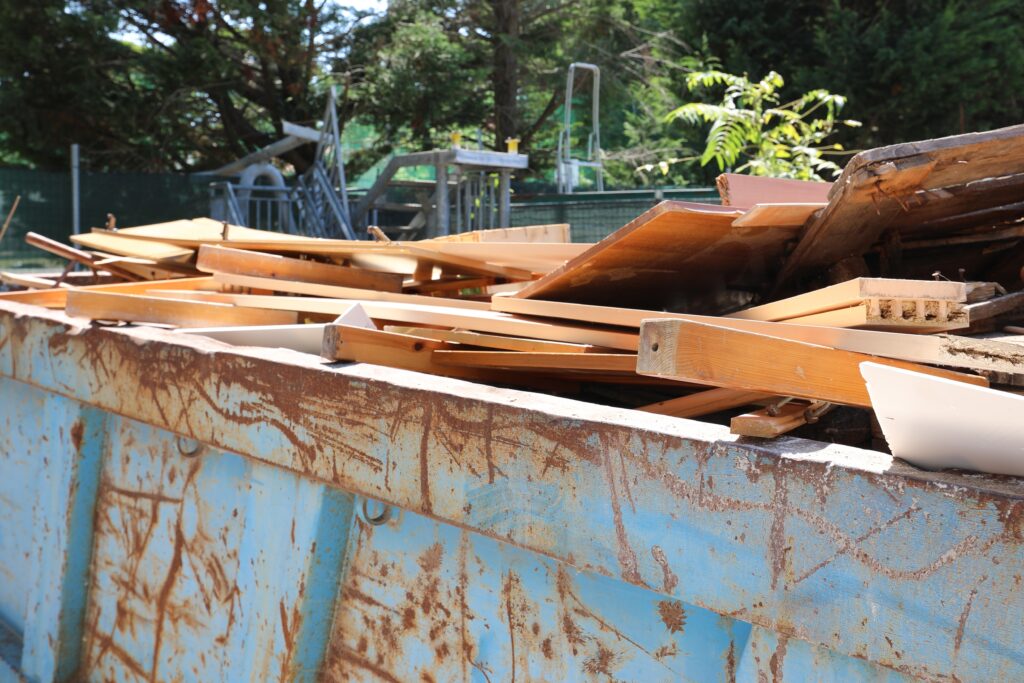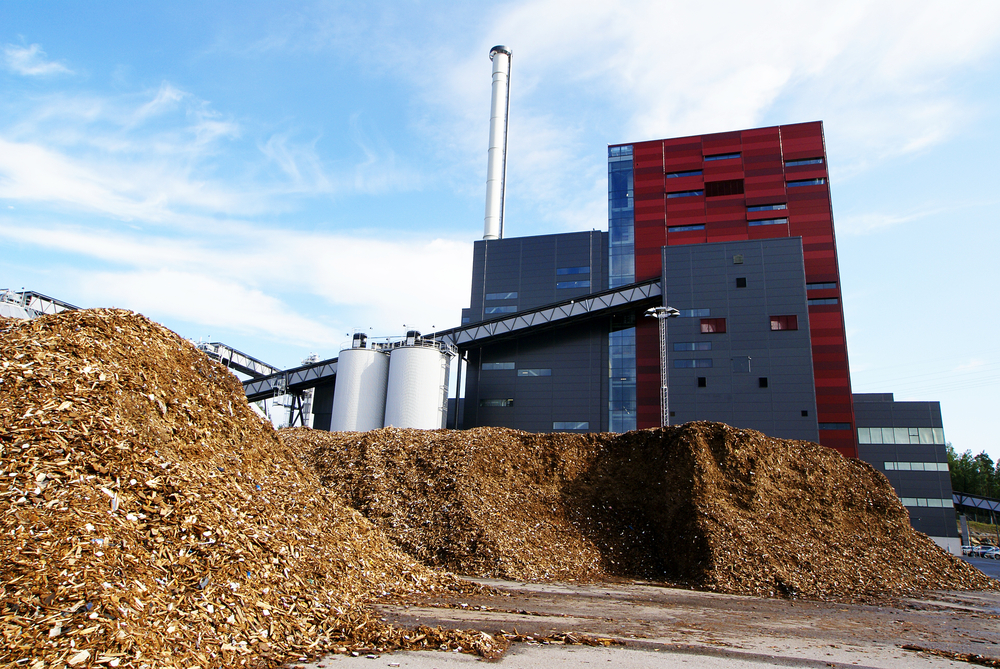Reporting on the progress of the Agency's waste protocol project (see letsrecycle.com story) at a meeting of the Wood Recyclers' Association in Birmingham yesterday, consultant Toby Beadle said that “no reasons” had yet been found to change the general definition of waste wood.
” Our attempt to get wood recycling to be seen as a low risk activity is unlikely to succeed. “
– Toby Beadle, WRA
However, during three meetings of the Target Action Group over the last few months, the WRA representative said the Agency has so far “tripped over” waste licensing regulations in how they relate to smaller-sized woodchips or “fines”.
Work developing the waste protocol has suggested the use of these fine woodchips to customers like farmers for purposes including animal bedding could require the material users to hold a waste management licence.
This could affect 10 to 20% of waste wood in-take for wood recyclers.
If this new interpretation of the regulations is enforced by the Agency, it would force wood recyclers to either invest in expensive separating machinery for fines, which are not accepted by panel-board mills, or send the material for composting or to landfill.
Mr Beadle said: “If it's as they have made out so far, then those that have sold to farmers so far won't be able to, meaning the options are limited. Buying a density separator is too expensive for most companies and composting is probably the only option other than landfill.”
Threat
Mr Beadle, who runs consultancy Urban Harvest, explained that this was not what wood recyclers or the Environment Agency wanted to see, as it could result in more waste wood going to landfill. But, he said, unless it ceased to be a threat to the environment it had to be classed as waste.
He suggested that the new protocol might help producers who could afford density separators, by making it clear that they were not waste.
However, in all other areas covered by the Environment Agency and the WRAP in their development of the protocol under the BREW waste protocols project, Mr Beadle explained that the agency's position looked unlikely to change.
He said: “Our attempt to get wood recycling to be seen as a low risk activity is unlikely to succeed. The Agency did not want to address Waste Incineration Directive issues and there is no response on energy recovery counting towards local authority recycling targets.”
He added: “At the moment it is difficult to see if the review is going to have a positive impact. There were good intentions but no reasons were found to change anything else.”
Targets
Also speaking at the meeting, Geoff Hadfield, chairman of the Wood Recyclers' Association, said that he wanted to see the use of wood for highly engineered biomass to count towards council recycling targets in particular.
The managing director of UK Wood Recycling, which will supply the Wilton 10 biomass plant on Teeside with waste wood, had expressed high hopes for the waste wood protocol in September (see letsrecycle.com story).
| Related links: |
He said: “The problem is the legislation was in place before wood came along. If wood is cleaned, processed and graded to an engineered specification and used in energy recovery it should count towards local authority recycling targets or else councils will have no incentive to divert the material from landfill.”
The Environment Agency is now carrying out an economic impact assessment to see how the new protocol will affect the wood recycling industry. Draft protocol and standards will be released in January 2007, followed by the final protocol being published in March.









Subscribe for free